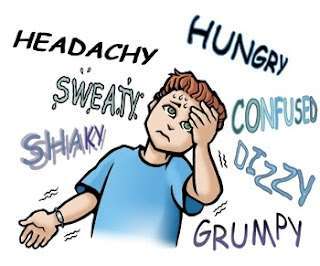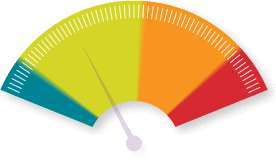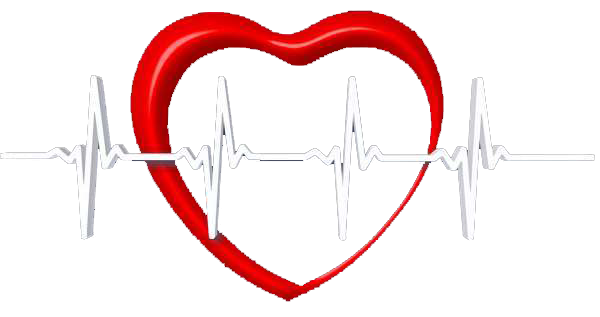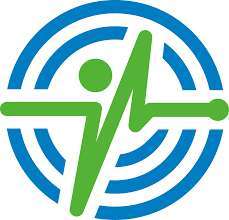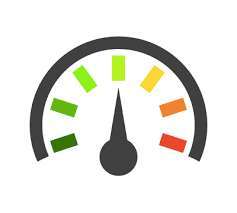Reactive hypoglycemia
Increasing the consumption of simple carbohydrates (because they are easily consumed) without following postoperative recommendations is due to the change in dietary guidelines after weight loss. Hypoglycemia is observed in more than 18% of patients 18 or 24 months after bariatric surgery. Symptoms of reactive hypoglycemia are dizziness, tiredness, drowsiness, hunger, sweating, tremors, fear etc.
People with the reactive hypoglycemia are in need of consuming sugar more, and their blood sugar level suddenly rises during sugar intake and suddenly falls, consequently it creates a vicious circle.
To prevent reactive hypoglycemia
- Organize your eating plan with 3 main meals and 2-3 snacks, and consume protein at these meals.
- Don't skip meals or go hungry.
- Eat every 2-3 hours.
- Stay away from desserts and sugary drinks.
When you have a problem like reactive hypoglycemia, put some sugar in your mouth immediately. After you feel a little better, have high protein snacks (cheese, ayran, nuts, etc.) and don't skip the next meal. Do not forget that this problem may occur especially in the first few months after gastric sleeve surgery. Also, don’t forget to carry something sweet with you.
Additional Information
Let us briefly explain this situation biochemically: Sugar, which is quickly absorbed into the blood after consuming sugar, causes blood glucose levels to increase, the amount of insulin secreted by the pancreas increases the amount of sugar in the blood, and the sudden drop in blood sugar leads to reactive hypoglycemia.

